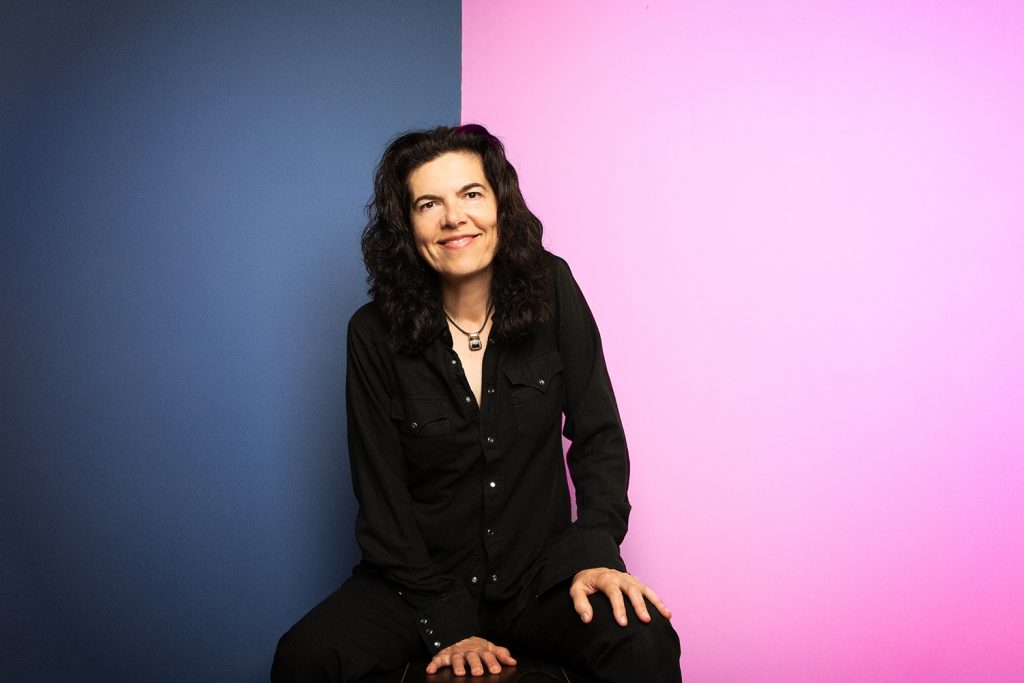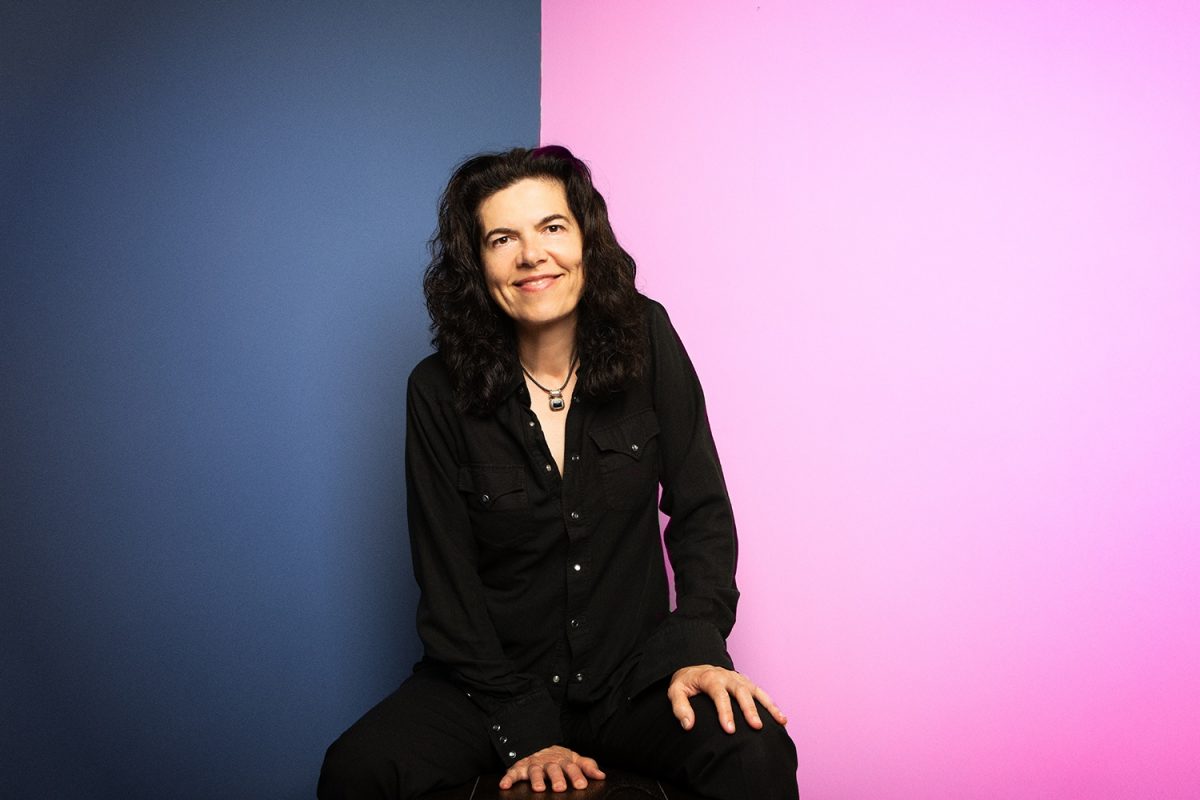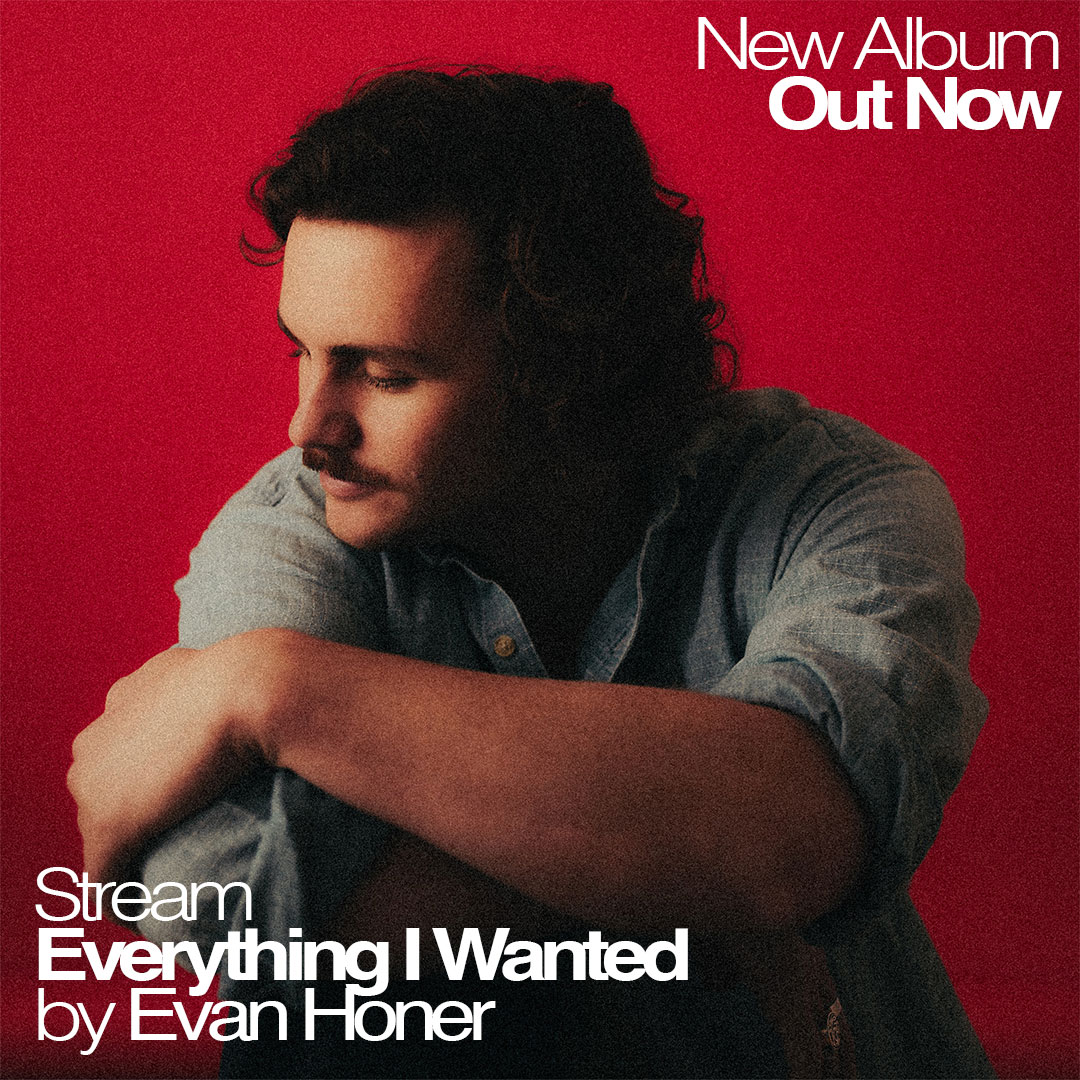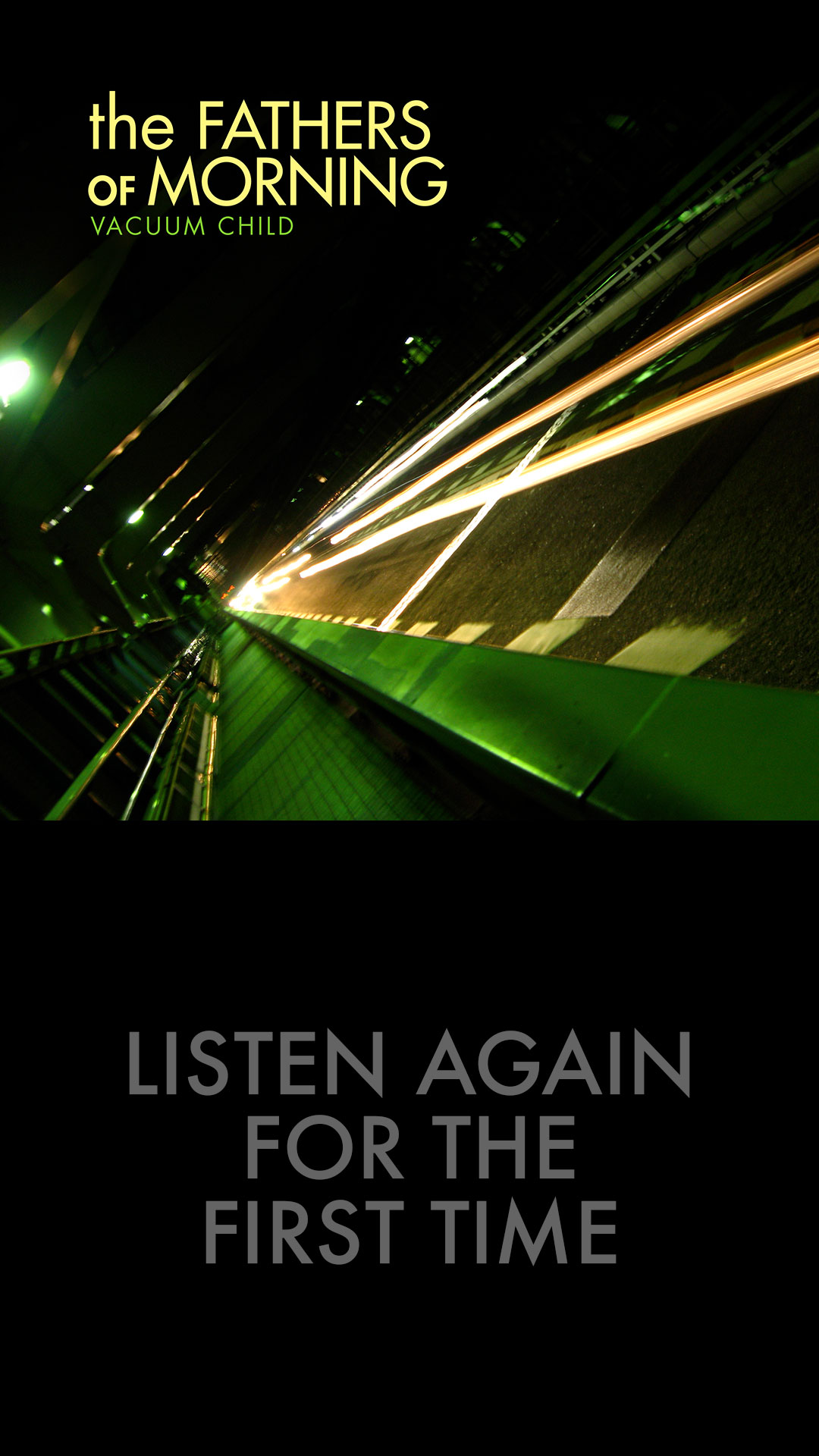
It sounds like the recovery period might be officially over for Maia Sharp. On the new Tomboy, you can hear and feel a seismic shift in vibe—from self-examination and uncertainty to self-confidence and even contentment. Four years ago, Mercy Rising emerged from the ashes of her 21-year marriage. Its follow-up, 2023’s Reckless Thoughts, was an album in motion, caught up in her post-divorce move from Los Angeles to Nashville.
The daughter of Grammy-winning songwriter Randy Sharp and anthropologist (and onetime singer) Sharon Bays, Sharp was discovered by IRS Records founder Miles Copeland in the mid-’90s and signed to his Ark 21 label, launching a multifaceted 30-year career that includes 10 solos albums and work as a multi-instrumentalist and producer. Her songs have been recorded by an array of well-known artists, including Trisha Yearwood, Keb’ Mo’ and Bonnie Raitt.
Much as she’s done in the past, Sharp teases Americana’s already-blurred boundaries in some unexpected ways on Tomboy. MAGNET’s Hobart Rowland gets the scoop.
Your last two albums, Mercy Rising and Reckless Thoughts, were made during periods of personal upheaval and transition. Where are you in your life now, and how is Tomboy reflective of that?
Mercy Rising was from the middle of the storm, and Reckless Thoughts was from the outer edge looking back. When I felt it was time to make another album, the song “Tomboy” was waiting there for me. Co-writer Emily Kopp and I had written it before Reckless Thoughts, but it wasn’t quite time for it then. I think I needed to be in a calmer, more peaceful place, where I could reflect on everything from childhood to the present time with a playfulness. I probably didn’t have that until now. I had a lot of fun making this album. Hopefully, that comes across in the listening.
Tomboy has been billed as your first serious foray into digital sound. Tell us about your new fascination with the OP-1 Field mini synth.
My friend and bass player, Will Honaker, brought his OP-1 to one of our Reckless Thoughts tracking days, and it’s been on my radar ever since. Early in the Tomboy process, I knew I wanted this album to be sonically different than the others, but I didn’t know yet in what way. Buying my own OP-1 was, at first, just a nudge to give myself some new choices. Then it quickly became the great informer of what needed to come next. I’ve had synths on albums before, but it usually wasn’t me finding the sound and playing the parts. I went down some deep rabbit holes to find something that might last for one fleeting moment—but I have no regrets. Combining an obviously inorganic sound with something intensely organic like a real string section or an old, dark acoustic guitar might be my new favorite thing.
Your songs have been recorded by Trisha Yearwood, Taj Mahal, Cher, Bonnie Raitt and many other artists. How do you approach the process differently when you’re writing for someone else?
All of those cuts came to be in different ways. The most recent song Trisha recorded, “The Wall Or The Way Over,” was written with Trisha and Emma-Lee, and we had Trisha in mind the whole time we were writing it. Most of my other cuts were written first without knowing they’d land with these artists. The songs Taj Mahal, Cher and Bonnie recorded also appeared on my own albums over the years. When another artist records one of my songs, it seems to happen either because we wrote together (Trisha, Edwin McCain, Mindy Smith, Kim Richey, Terri Clark) or, as I was writing it, I could relate to it as an artist and then it turned out another artist felt that connection as well. It’s a huge compliment when another artist records my song. It never gets old—and it’s never not exciting when that happens.
The material on the new LP was fleshed out differently than in the past. The process was more isolated and less collaborative. Why did you choose to go that route this time?
Changing up the process goes hand in hand with wanting to be more playful on this one. “Tomboy” and “Counterintuition” were the first two songs I knew I wanted to put on the album, and both are particularly rhythmic and percussive. I let it be the sonic cue to make this album move and bring out more percussive elements than ever—but not with a traditional drum kit anywhere on the album. I wanted the sounds to not be immediately recognizable, so they’d be felt before they could be analyzed. I did a lot of “feeling before analyzing” throughout the production. It’s something I didn’t always do on past albums and the key, I think, to why it was so much fun to chase down ideas alone and off anyone else’s clock. I sent the early framework, with guitars, vocal, themes and some of my homegrown percussion, to my favorite percussionist in Nashville, Eric Darken. He sent back stacks of beautiful, unusual sounds. My friend Liza Holbrook, a.k.a. Teddie Collinz, came over and put a killer beatbox—the ultimate human percussion—on “Tomboy” and “Only Lucky.” Then Will Honaker played bass on the tracks I hadn’t already played with the OP. Then I was back in the cave alone, responding to what they’d given me.
Most of the time, I knew right away what came next: trumpet, strings, more vocals, saxophone, another guitar, a guest vocalist. Fortunately, in Nashville, I can get it done with this deep bench of great players and singers who tend to say yes and make the time. I was alone for a lot of the work on this one, but I appreciate those community moments when I got friends to come be a part of it.
How did your work for SongwritingWith: Soldiers impact the music on Tomboy?
I’ll never forget that phone call from Darden Smith, co-founder of SongwritingWith: Soldiers, asking me if I wanted to be a part of it. I sit with a veteran or a group of veterans, they tell me whatever part of their story they feel comfortable sharing, and I have about two hours to write a complete song out of it. It scared the hell out of me, so I knew I had to say yes—and I am so glad I did. Now, eight years after that call, I get to do this work about twice a month, and I walk out a little changed every time. It’s shifted my perspective in a way I didn’t realize needed shifting—and it’s made me more confident in general. That perspective shift is definitely represented in Tomboy. “Only Lucky” is coming from a place I wouldn’t have reached before SW:S, and so many of the other songs on this album are delivered through a calmer, more confident lens that’s not afraid to feel some tough stuff. And also not afraid to laugh.
See Maia Sharp live.














